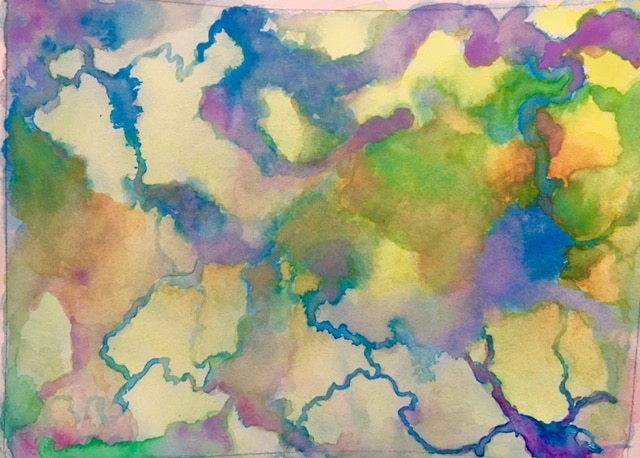PTSD Treatment: When Is It Time To Seek Help?
PTSD Treatment
Are you seeking PTSD treatment? PTSD (Post Traumatic Stress Disorder) is difficult to treat if not properly diagnosed. Many prescribers are not trauma informed and confuse PTSD symptoms with other diagnosis. This is complicated by the fact that PTSD is more of a chameleon in symptom presentation than research has documented. PTSD can present the same symptoms as depression, bipolar disorder, OCD, anxiety disorders, borderline personality disorder, medical disorders, medically not diagnosed pain disorders and even addiction.
The DSM used as a diagnostic labeling manual for insurance billing has decided labels based on symptom not etiology (cause). Diagnosing by presenting symptoms will result in misdiagnosis and thus mistreatment. Dr. Daniel amen performed brain scans on 300 adults with the same symptoms-depression. One would expect they all would have the same brain scan, but his results yielded 7 different scans that they each fit into. They were not at all similar and some would not be responsive to antidepressant medication, the expected treatment if diagnosed by symptoms. If I present at an Emergency Room with chest pain, they will not diagnose by symptoms or I would get pain reliever and be discharged. We know this is not what happens as chest pain could be indigestion, heart failure or a panic attack. Get it wrong and the hospital could have a huge lawsuit.
What is PTSD?
Post Traumatic Stress is an adaptive response by our brain to sustain our survival often at the expense of our comfort. Helplessness and a perceived traumatic event combine to have the brain permanently secure such memory forever so when triggered, is accessed and we react as though that original event is happening now-so we survive. Fixed with those memories are ideas and beliefs about ourselves at the time. Our brain actually changes to be more vigilant, and more reactive to fear. We grow up or away from these events but our brain is still helpless and afraid. We experience fear-anxiety and shame. We seek to adapt by finding regulation of emotions not within, but through food, sex drugs, alcohol, cutting, OCD, or other compulsive rituals. We suffer from anxiety, depression, and may miss time if we are dissociative. We may have internal parts and end up being diagnosed as psychotic for hearing voices but we are not hallucinating.
Treatment
Getting proper treatment requires that the clinician be trauma informed meaning they understand the etiology, neurobiology and effective treatment for trauma. Traumatic memories are stored in the lower right limbic brain so talk therapy will not help (only engages frontal cortex). EMDR, Sensorimotor, Hypnosis, Somatic Experiencing, Brain Spotting and some types of energy work are examples of indicated PTSD treatment. Evidence shows that our brain can change back to a normal state post treatment. Post Traumatic Stress Disorder may not really be a disorder in that it is a normal adaptive response to keep us alive. It could happen to anyone, and we can recover remarkably well from effective treatment. I have a list of criteria in what to look for in a qualified trauma therapist elsewhere on this website. Also see the blog on dissociation, eating disorders, depression and addiction.
